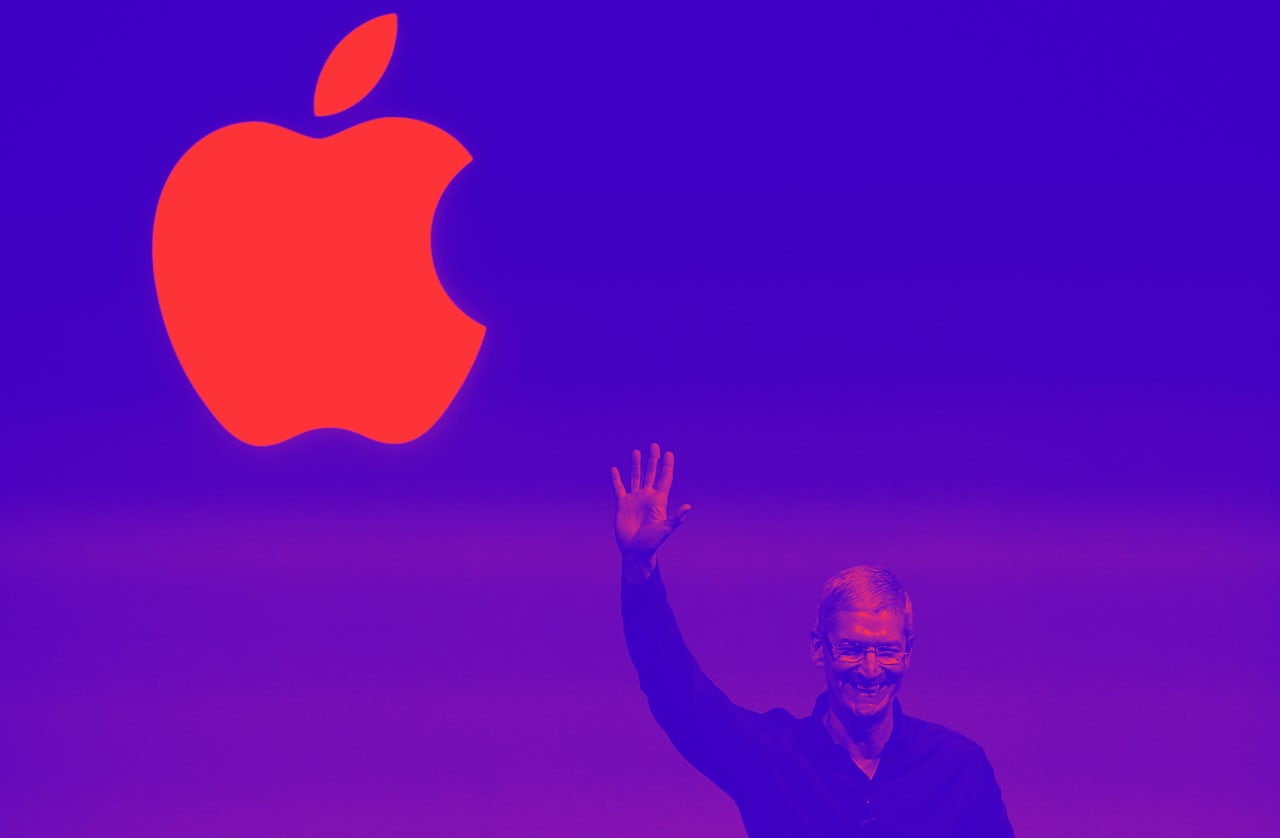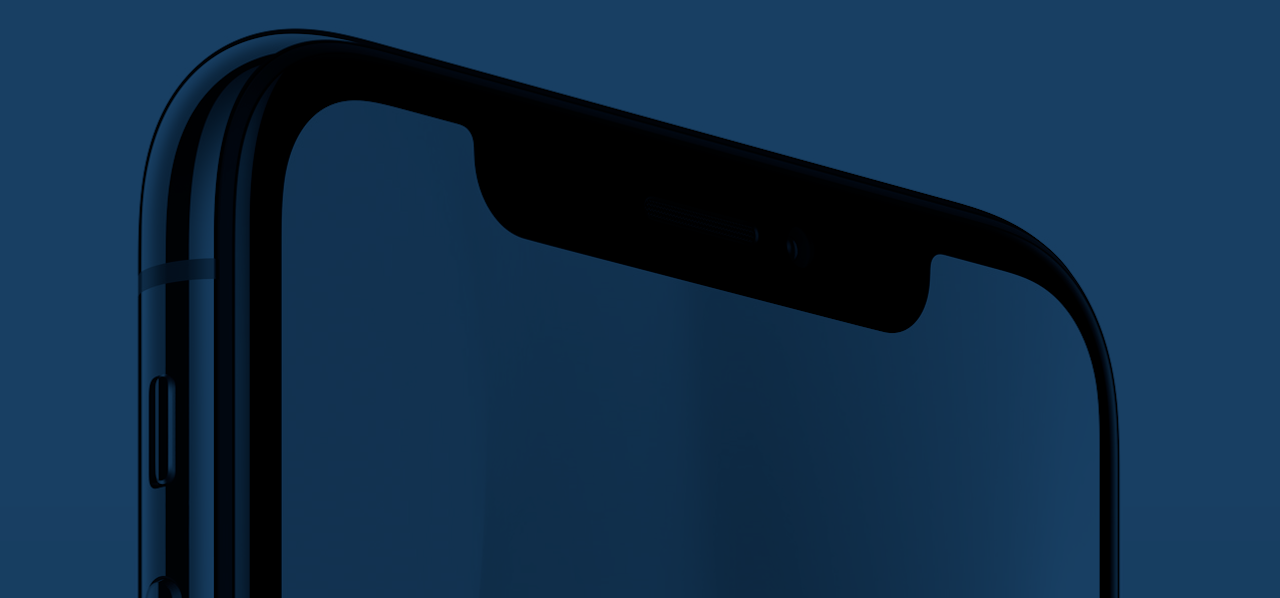Apple is no longer the king of the smartphone camera, but that’s just a small component of a company in (highly profitable) stagnation.
It wasn’t that long ago that anyone who cared about taking great photos on their phone was destined to buy an iPhone (whether they wanted it or not) just by sheer brilliance of its miniaturized camera tech. But something happened over the last 18 months that’s changed the dynamic for consumers in the market: Samsung and especially Google have started producing handsets that equal or surpass Apple’s devices with their picture-taking quality. In the age of Instagram, this cannot be ignored. Google in particular has surprised pretty much everyone by not only making the best smartphone camera on the market, but by using software, not to mention the vast amounts of data it collects from its users to do things Apple told us you need hardware for (portrait mode, for instance). The company has also been out-innovating the competition with wild features like its new Night Sight mode on the Pixel 3, which uses smarter processing to produce absolutely stunning results. Like these (from XDA writer Mishaal Rahman):
It’s now widely understood that Apple isn’t owning this space any longer (just look at a few of these headlines) — and coupled with several other missteps, a spate of underwhelming releases, and software that feels like it’s lagging behind the competition, that’s not an insignificant detail. Speaking of details, look at how much better the Pixel 3 XL is at showing the beautiful curls of Zelda‘s hair (a decent shot in low light with a moving kid, no small photography feat!).
Apple’s CEO Tim Cook recently took to the stage in Belgium at the International Conference of Data Protection and Privacy Commissioners (phew) and served up a righteous sermon on the necessity of privacy around user data. You’d be hard pressed to argue with many of his points — most aimed squarely at Facebook — but Apple’s lack of data (and its inability or unwillingness to blend large swaths of data) actually seems to be one of the issues driving its slippage in software innovation. While Google is using its deep pool of user data to do astounding things like screen calls or make reservations for users with AI, map the world in more detail, identify objects and describe them in real-time, and yes — make its cameras smarter, faster, and better looking — Apple devices seem increasingly disconnected from the world they exist in (and sometimes even their own platforms). As both Amazon and Google have proven in the digital assistant and voice computing space, the more things you know about your users, the better you can actually serve them. Apple, on the other hand, wants to keep you inside its tools, safe from the potential dangers of data misuse or abuse certainly, but also marooned on a narrow island, sanitized and distanced from the riches that data can provide when used appropriately.
Laying aside the fact that it’s somewhat meaningless for Apple, a company whose success is not rooted in leveraging enormous amounts of personal information collected from its users, to call for regulation, it’s only repeating what countless privacy advocates and tech policy experts have been saying now for decades: letting companies like Facebook, Google, and Amazon run absolutely wild in this space is not a positive. Better personal information protection does not necessarily mean we can’t also have good products, and it would be buying a cheap line from some of the wealthiest people and corporations in the world to believe otherwise.
But Google is not Facebook, and while I give up some of my data to the company, what I get in return has sizable value — apps I use for hours every day, predictive services that actually work, photo processing that means I'm less likely to miss an important moment. To be clear: the stuff Google and Amazon are doing right now isn’t just cool and doesn’t solely serve their corporate interests — it matters in very real ways to consumers, with touchpoints they encounter every day where Apple can’t even get a word in edgewise.
Coming in second in the camera space alone might not be that big of an issue, but Apple has also had significant problems with its hardware recently — not just with quality control, but in pure design terms as well (who could have predicted that in 2018 people would be touting Microsoft as the industry leader in design?). Siri continues to be a running joke among most people I know — tech enthusiasts and average users alike. Apple’s iCloud efforts have amounted to little more than a “hard disk in the sky” (a famous Jobsian turn of phrase). And is it the best experience for consumers to be forced into Apple Mail, Apple Maps, iTunes, Apple Music, and Apple Photos at every turn? Can you honestly say they're the best at what they do? No one is questioning if Apple is making money — it is. But all of this second-best positioning makes me wonder: Is Apple still the company that leads the way, or is it just getting better at locking in users to its own increasingly subpar experiences?
Being the best intermediary for things as simple as turning on your lights with your voice, getting the right driving directions, ambiently listening to music, organizing your photos and videos without thinking about it, learning new things frictionlessly, screening your calls, or scheduling your time may seem minor, but those activities add up to something much more meaningful for many people. Amazon and Google are getting much smarter about defining how we live with technology. In the long run, innovation can’t be constrained to cleaner lines on a handset or improved processor speeds. In a very ironic way, the kind of “feeds and speeds” innovation Steve Jobs mocked on stage in 2011 has become the way Apple defines its biggest improvements in technology.
So yes, Apple’s camera may be very good. It may be the best camera Apple’s ever put in a phone. But it’s not the absolute best anymore — and that can't be a comfortable place for the company to be.





